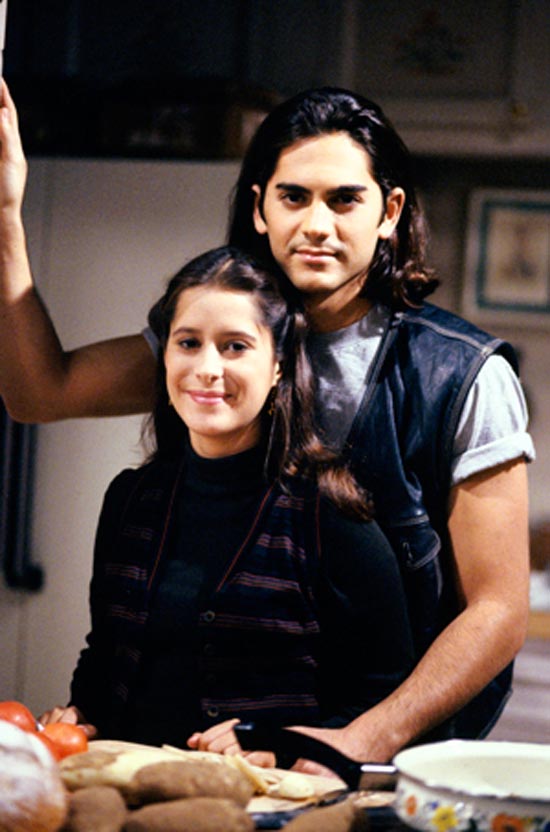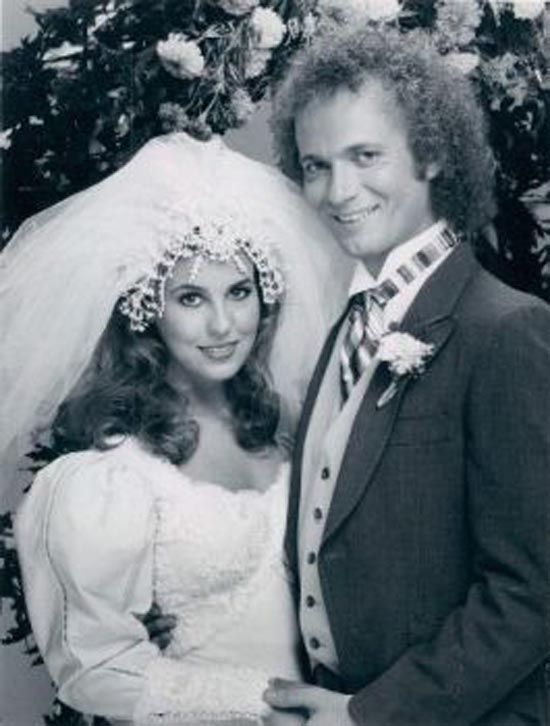
The Death of Soap Operas0
Posted In Blog,Entertainment,TV
by Damon Martin

Everyone knows soap operas…those daytime shows our moms and grandmas used to watch when we were away at school with improbable storylines where someone’s mother ends up being their sister, or they are in fact married to their sister who also happens to be their mother.
They have been chiseled at for years as lesser television with cheesy dialogue, bad acting, and laughable storylines. But the low brow art form has also been an important piece of the American television landscape for more than 50 years. Now, however, they are seeing a painful and rapid decline, and their ultimate demise could be in sight.
You might be asking yourself, why is the comic book/atheist/political writer tackling something as trivial as soap operas? I grew up in a house where my grandma, mother, and sister toiled away for at least two hours every weekday watching the latest exploits of Luke and Laura, Tad and Dixie, and all the other soap characters on television. They were strong, independent women, but they loved their soap operas. As a 10-year old kid I never got why they watched these shows, but once I got older I started to understand, and that’s exactly why I’m feel compelled to pay tribute to them by writing this now.
Unlike the bulk of mainstream network television, where it’s still taboo to talk about things like abortion, gay relationships, rape, abuse, and other social issues – issues that should be discussed openly on the small screen – soap operas have been tackling tough topics for years. Perhaps it’s the very sense of unrealistic melodrama that pervades these shows which has allowed these daytime dramas to cover the difficult issues way ahead of the curve consistently over the years.
In 1964, the NBC soap opera Another World showcased the abortion issue, seven years ahead of the landmark Roe vs. Wade decision in the Supreme Court. The ABC show
While AIDS and HIV became a pithy and poignant subject for both television and movies in the ‘80s, the soap opera General Hospital dealt with it in a very real way when the popular character Stone Cates contracted the disease from dirty needles and passed along the virus to his young girlfriend, Robin Scorpio. Robin was infected with HIV while Stone developed full-blown AIDS, and she had to watch as he dwindled away and died from the crushing disease.
The bold move General Hospital writers took however, was to focus on Robin after she contracted the disease. For years, Robin survived and thrived as a successful student and then doctor, all while carrying the HIV virus. General Hospital showed that being HIV positive doesn’t have be seen as simply a death sentence, and life can go on.
The issues surrounding physical abuse and rape have also been addressed in detail on the soaps. Like when character Elizabeth Webber was attacked and sexually assaulted. The fallout, much like in real life, affected her for many years to come.
Beyond the social importance of soap operas, the platform has also been a launching pad for some of the best actors and actresses working in Hollywood today. It’s easy to deride soap opera acting, but some quality thespians sharpened their skills under the spotlight of daytime television.
Julianne Moore got her big break while starring on As the World Turns for 3 years, Tommy Lee Jones in the early ‘70s on One Life to Live, Demi Moore was a mainstay on General Hospital for a couple of years, and Eva Longoria got her start on The Young and the Restless. There are dozens and dozens of other actors who first appeared in soap operas long before the big screen, like Brad Pitt, Susan Surandon, Josh Duhamel, Kelly Ripa, Sarah Michelle Gellar, and the list goes on and on.

The golden age of soap operas seems long past, but it was only 20 years ago when the genre transcended its daytime label and became big time news. On General Hospital, the marriage of characters Luke Spencer and Laura Webber was the most watched moment in daytime history. More than 30 million viewers tuned in to see the super couple tie the knot, and it landed actors Anthony Geary and Genie Francis on the cover of People and Newsweek. Elizabeth Taylor even became so enamored with the soap couple that she appeared in a few episodes of the long running daytime drama.
Now in the year 2012, the soap opera is definitely a genre in desperate need of urgent care. ABC canceled the long running shows All My Children and One Life to Live. The web-based media company Prospect Park attempted to revive the programs by taking them online, but funding came up short and both were dropped before they ever made their computer screen debuts. Guiding Light and Another World bit the dust prior to both of those ABC shows coming to an end. As it stands only four soap operas remain on the air at this time.
CBS still runs The Young and the Restless and The Bold and the Beautiful, while NBC’s lone remaining soapy effort is Days of Our Lives. ABC, who seemed hell bent on getting out of the soap business, has only General Hospital remaining on their schedule. However, General Hospital may be the next to get its life support cut off, as ABC has currently slated talk show host Katie Couric to take over the 3 PM time spot come September, which is the show’s slot with most of its affiliates.
Are soap operas a relic of a different age? Or is their death due to the fact they failed to adapt with the times? The humble soap opera was once an important part of American pop culture in the same way that reality television now is. The only difference is soap operas have lasted for more than half a century and have presented socially important issues, introduced new talent to the world, and given the world something to watch 52 weeks out of the year with no breaks and no hiatus. Reality television has given us Snooki and the Situation.
In the next couple of years, soap operas may be all but gone, and for someone who saw how much soaps meant to the women who raised him, it’s hard to say goodbye.

